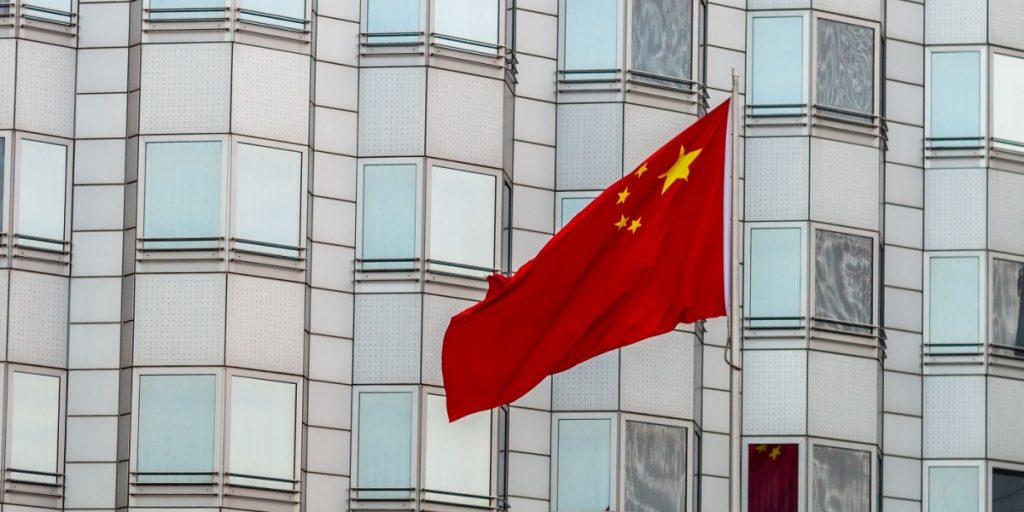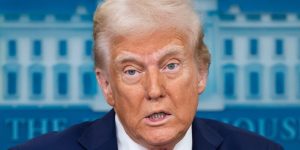Beijing clamps down on online discussion as tensions rise
Others are reading now
As trade tensions escalate with the United States, China has begun actively censoring online content about the newly implemented 104% U.S. import tariffs on Chinese goods.
The censorship began Wednesday, shortly after the sweeping tariff package introduced by President Donald Trump officially went into effect, according to HotNews.ro.
Searches for terms like “tariffs” and “104” were blocked or redirected on the Chinese social media platform Weibo, with users encountering error messages instead of results.
At the same time, hashtags mocking the U.S.—such as references to a supposed egg shortage—were heavily promoted by state-run media.
Also read
China’s Great Firewall shifts focus to U.S. trade
The censorship is consistent with Beijing’s long-standing policy of controlling narratives around international affairs, particularly when national interests are involved.
Social media in China is subject to oversight under the country’s “Great Firewall,” which blocks or filters content deemed harmful by the government.
Chinese state media took an aggressive tone, with CCTV launching hashtags like “#TheUSHasATradeWarAndAnEggShortage,” mocking Washington for demanding European countries supply food items while slapping aggressive tariffs on steel and aluminum.
Meanwhile, popular Weibo influencers echoed Beijing’s stance. Prominent legal commentator Pang Jiulin, followed by over 10 million users, argued that Chinese exports would soon be replaced by suppliers in Vietnam or India. He also warned that retaliatory tariffs of equal magnitude would make American products like Apple and Tesla significantly more expensive for Chinese consumers.
Economic impact and public narrative management
Despite strong rhetoric, experts suggest China may face challenges in responding proportionately. The U.S. imports far less from China than it exports—just $160 billion in goods annually—limiting Beijing’s ability to impose equal retaliatory tariffs. Nevertheless, Chinese authorities may lean into nationalistic messaging to rally domestic support, even at the cost of economic strain.
Market volatility has followed the tariff announcements. Chinese stocks initially tumbled, with the Shanghai Composite Index dropping 7% on Monday, its worst day in five years. By mid-week, however, markets showed signs of recovery following reassurances from Beijing that state support for local markets would continue.
Political commentator Hu Xijin dismissed the U.S. strategy as self-defeating, stating, “They are at war not just with the world, but with the most basic rules of human society.” In his view, the tariffs would be remembered as a historical failure, symbolizing the collapse of U.S. leadership in global trade.
Takeaway
China’s move to censor online discussion around U.S. trade tariffs signals a broader strategy: shape the public narrative while preparing for prolonged economic confrontation. As the world’s two largest economies square off, both sides are navigating not only policy decisions—but the information wars that surround them.







